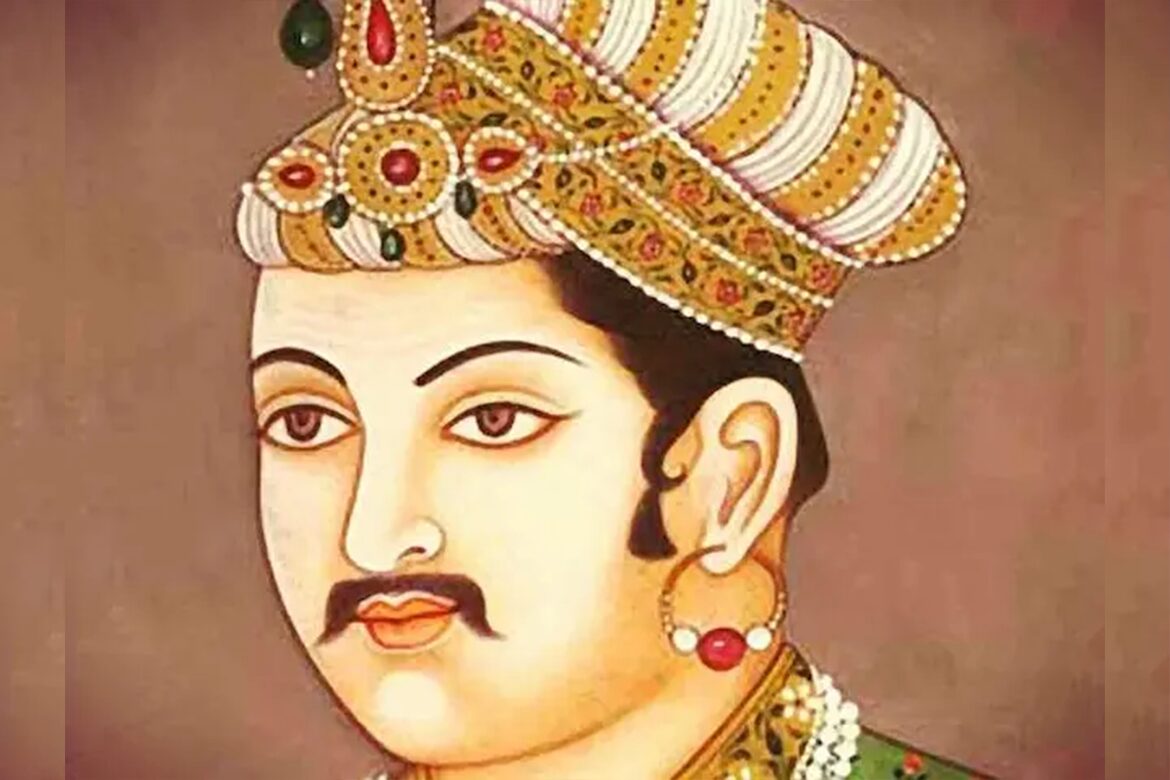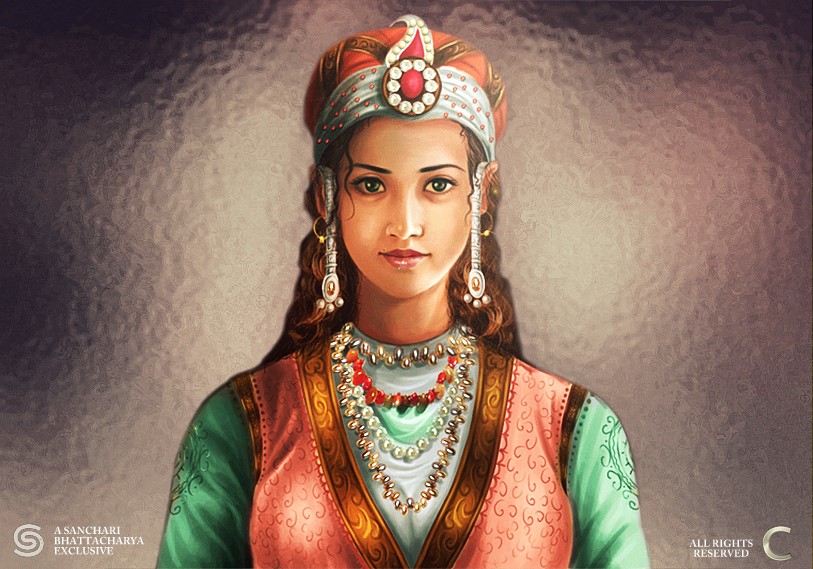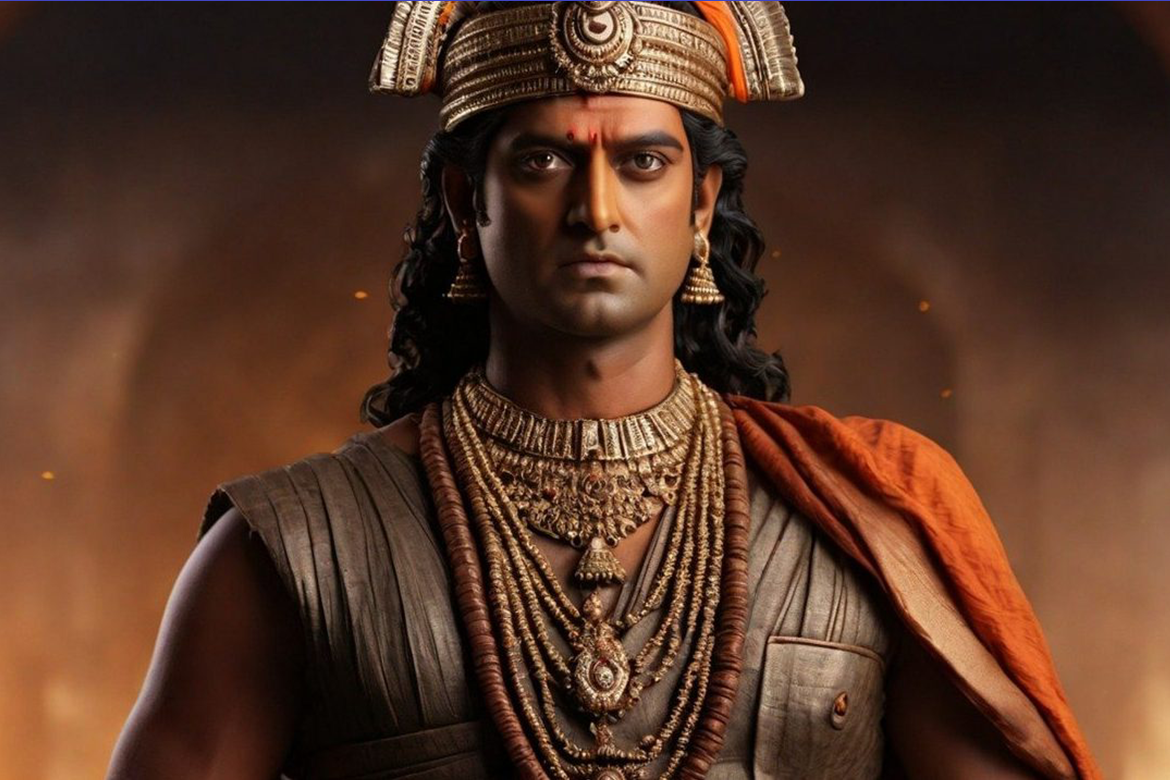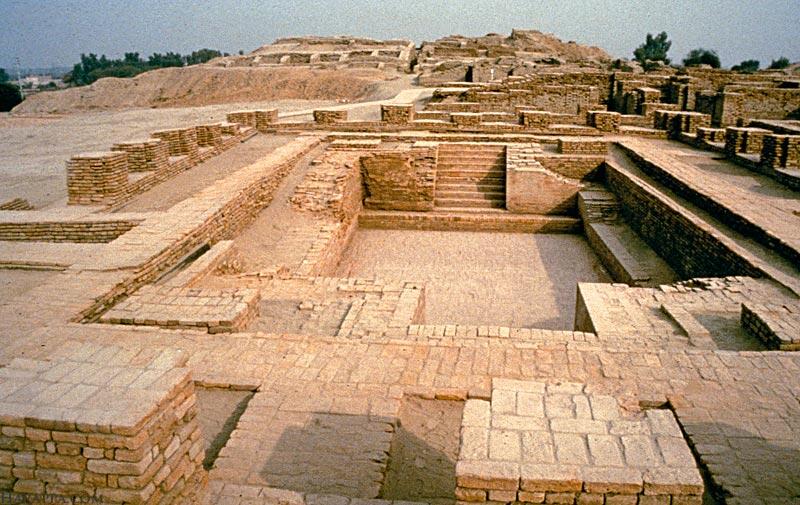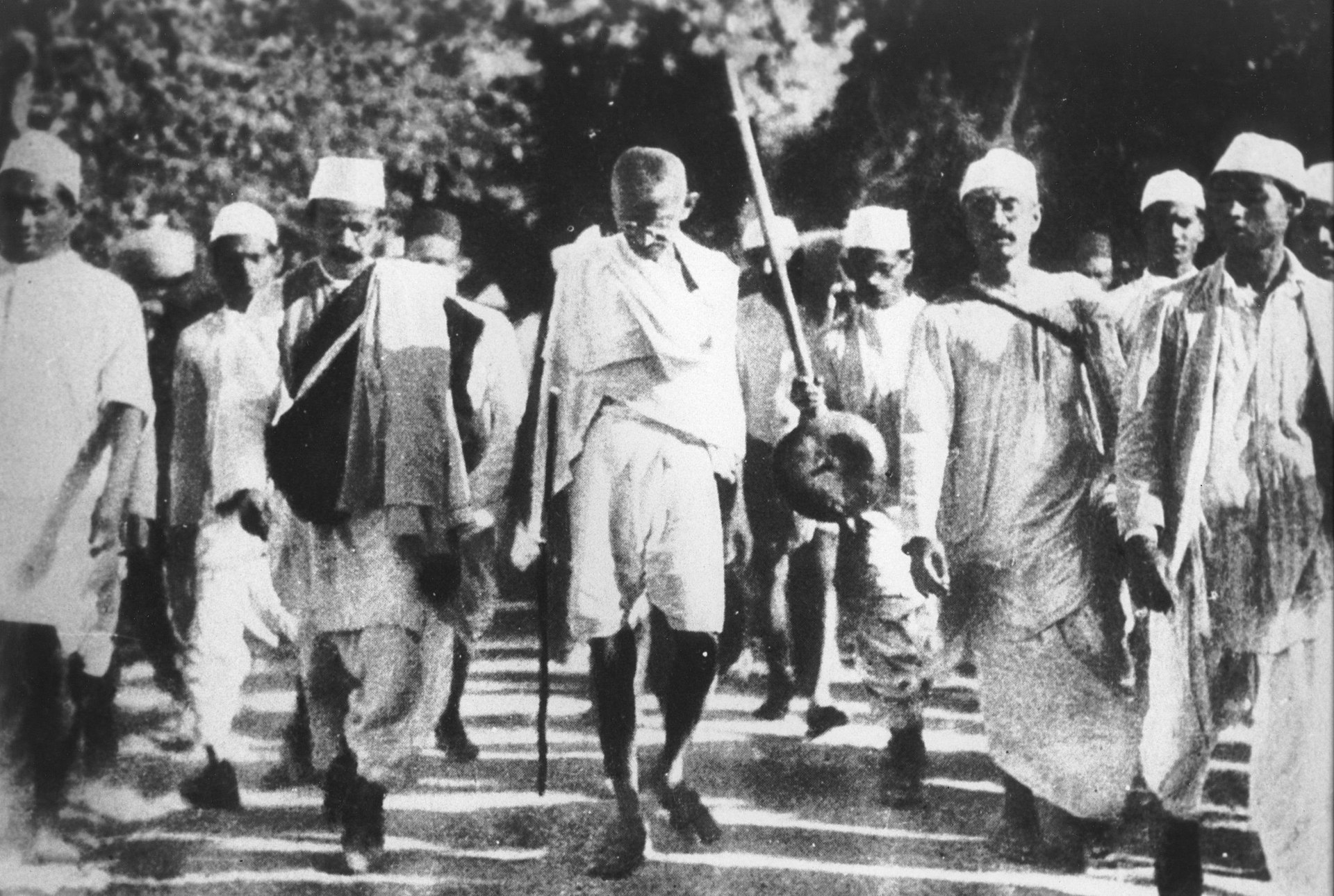Akbar the Great: Architect of Mughal India’s Syncretic Culture
Akbar (r. 1556 – 1605 CE), also known as Akbar the Great, was the third Mughal Emperor and is widely regarded as one of the most significant rulers in Indian history. His reign marks a high point in the Mughal Empire, characterized by territorial expansion, administrative reforms, religious tolerance, and a vibrant cultural synthesis.

